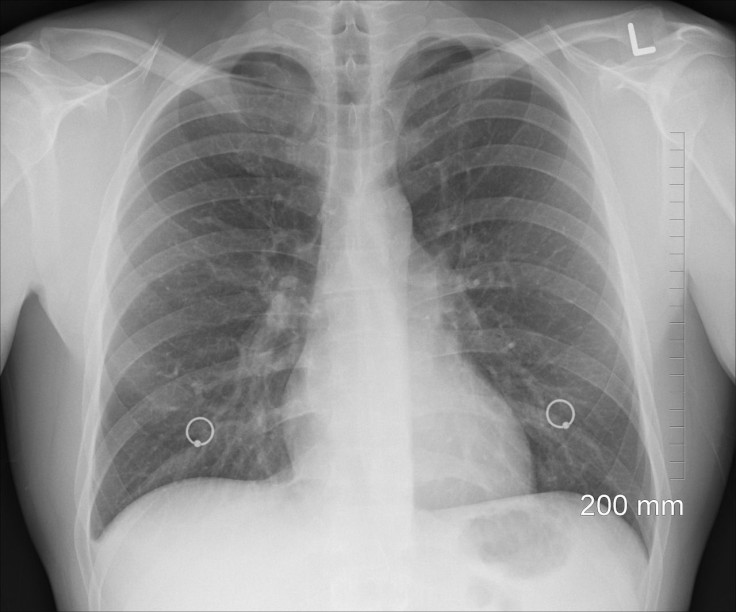How Alcohol Affects Your Lungs: Binge Drinking May Lead To Breathing Problems
Binge drinking may be the reason it's hard to catch your breath. Alcohol affects nearly every major organ in the human body, including the brain, heart, liver, pancreas, and kidneys, but a team of researchers from Loyola University has found it can also make it harder for the lungs to breathe.
A new study, published in the journal Chest, reveals the first link between excessive alcohol consumption and nitric oxide levels — a naturally produced gas that helps fight bacterial infections in the lungs. Study participants who had lower levels of the gas were also the excessive drinkers, while those who never drank had higher levels of nitric oxide. The more a participant reported drinking, the lower their levels, which told researchers that their bodies were less equipped to kill bacteria and fight off lung infections.
For the study, researchers combed through data from 12,059 people between the ages of 21 to 79 who were interviewed for a period of five years. They were asked how much and how often they drank, which grouped them into categories: never drinkers; nonexcessive drinkers; excessive drinkers; and former excessive drinkers. Excessive alcohol drinkers were considered women who consumed more than one drink a day on average and men who had more than two drinks a day.

"Alcohol appears to disrupt the healthy balance in the lung," said the study’s lead author Dr. Majid Afshar, a pulmonologist at Loyola University’s School of Medicine, in a statement. "Lung doctors may need to take this into consideration.”
One out of every four Americans drinks to excess, which will lead to six alcohol poisoning deaths every day. Researchers will continue working to unravel the complex relationship between alcohol consumption and the human body.
Afshar concludes: "Accounting for alcohol use levels should be an additional consideration, and further investigations are warranted to explore the complex interaction between alcohol and nitric oxide in the airways."
Source: Afshar M, Poole JA, Cao G, Durazo R, Cooper RC, Kovacs EJ, and Sisson JH. Exhaled Nitric Oxide Levels Among Adults With Excessive Alcohol Consumption. Chest. 2016.
Published by Medicaldaily.com



























